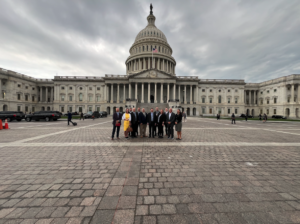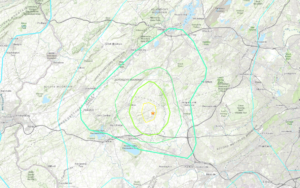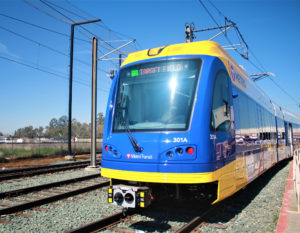CTA budget approved without fare increase
Written by jroodThe Chicago Transit Authority Board approved a $1.27-billion budget for 2010. The budget proposes management efficiencies, elimination of more than 1,100 jobs and service reductions. However, due to an agreement brokered by Governor Quinn's office, a proposed fare increase was removed from the budget. To replace the $83 million in revenue that was anticipated from the fare increase, the Regional Transportation Authority will issue bonds in 2010 and 2011 that will enable the CTA to use eligible capital funds to support operations and replace those funds with the new RTA revenue. As a result, the CTA has agreed to maintain current fares for the next two years.
"Throughout the budget process, our goal has been to manage
responsibly and make strategic budget decisions so that we can weather this
recession and still provide the critical, affordable services that so many working
men and women rely on," said Chicago Transit Authority President Richard L.
Rodriguez. "Although we are pleased to be able to hold fares steady, service
efficiencies remain necessary to balance the budget. We will continue to talk
with the State and meet with the unions to discuss alternatives. If there are
options that can help us reduce the impact on riders, we will continue pursuing
them."
In 2010, non-union
employees will be required to take up to 18 unpaid days and forego wage
increases. CTA leadership has asked the unions to consider similar actions in
order to reduce costs. Current labor contracts provided a 3 percent wage
increase this year and call for 3.5 percent wage increases in 2010 and 2011.
To minimize the impact of a
slow economy on riders, the CTA has already cut $50 million in spending this
year through management improvements and efficiencies. They included strict
controls on labor costs, savings in materials and fuel, more efficient
management of contracts, eliminating non-essential travel and seminars, and a
reduction in the cost of equipment maintenance services due to the retirement
of problematic buses and the introduction of new buses.
Cost saving measures will
continue in 2010. In addition to the furlough days and deferral of wage increases,
100 non-union positions will be eliminated in 2010. By asking vendors to reduce
contracts, the CTA has received commitments that will save nearly $2 million in
the next year. The CTA actively manages its fuel costs through the use of
hedging mechanisms. The decrease in the per gallon costs, combined with hedging
and lower usage will allow CTA to reduce its fuel costs by $35.3 million from
2009. Fuel hedging alone will save CTA $6.7 million in 2010.
In total, the 2010
Operating Budget is nearly $1 million lower than the projected 2009 Operating
Budget.
Key elements of the plan
include:
• All rail routes and all
bus routes will be maintained except for nine express routes that have a
matching local route.
• Night Owl service on both
bus and rail remain unchanged, preserving service for those third-shift workers
who have few options other than public transit.
• To the extent possible,
the impact to rush hour service was minimized.
• Service will run less
frequently on 110 routes.
• Service spans will be
adjusted for 41 bus routes. These routes will either start service later, end
service earlier, or both.
In total, bus service will
be reduced by 18 percent and rail service by nine percent.
The service changes are
scheduled to go into effect on February 7, 2010. Until then the CTA will also
continue to explore alternatives with the State and seek the unions’
cooperation to reduce costs.





